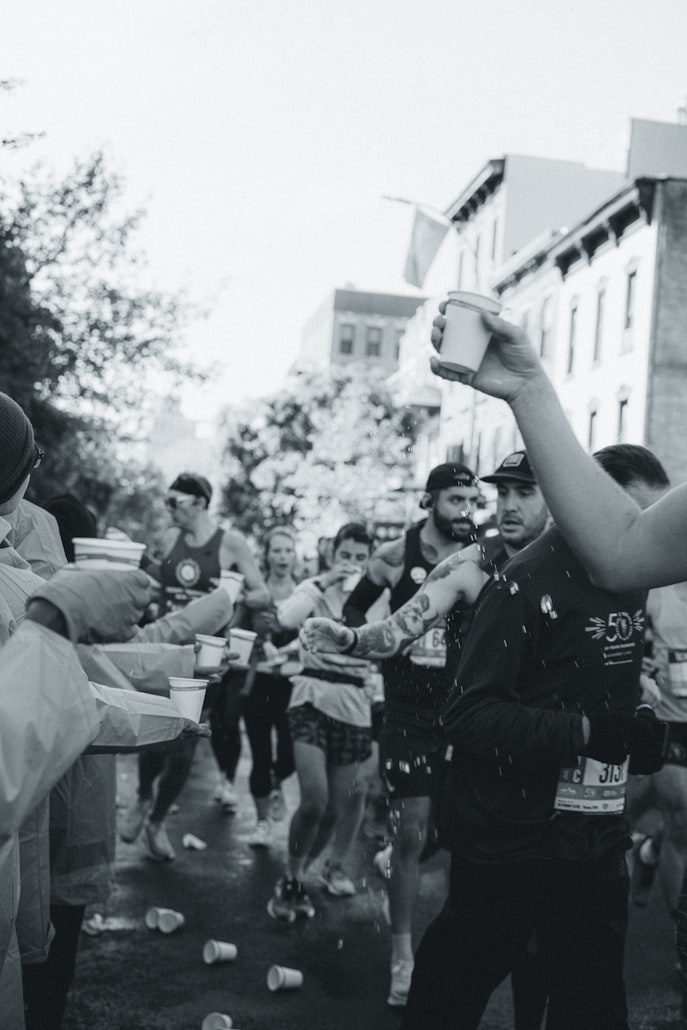5th Sunday of Lent (A)
Readings: Ezekiel 37:12-14; Psalm 129 (130); Romans 8:8-11; John 11:1-45
Video: TODAYonline on YouTube
My dear friends, do you recall that flaming-red HDB lift lobby in Tampines, which went viral some weeks ago? Initially, residents complained that it was too creepy, and the authorities responded by repainting the ceiling white. But then some others were actually attracted to the place, and started using it for fashion shoots. From an eery haunted house to a stylish photography studio. Isn’t it interesting how a place can seem so different when the people are changed?
In our scriptures too, we find places being transformed through a change in people. The promise God makes in the first reading comes at the end of a vision received by the prophet Ezekiel. He sees a scary place. A valley filled with dry human bones. An abandoned battlefield where, as an act of humiliation, the dead bodies of the losers had been left to rot in the sun. But then breath enters the bones. The corpses are given new life. The place undergoes a radical transformation, from humiliating graveyard to rejuvenating spa. And God goes on to explain that this vision is less about the dead than it is about the living. The broken remnants of God’s people, living in exile. God promises to raise them from their metaphorical graves, and to resettle them in their homeland. How? By first putting God’s spirit in them. By changing them into a holy place, a faithful temple, a true house of God.
In the gospel, a cave used as a tomb becomes a womb, from which a corpse is brought back to life. And this transformation of place is again effected by a change in people. A process involving several steps. First, there is a delay. Jesus waits till his dear friend has died, before visiting. And even after he arrives, instead of heading directly to the tomb, the Lord hangs back and engages people in dialogue. The delay allows mourning. The dialogue deepens trust. All of which serve to heighten receptivity to the Spirit, to awaken faith. I am the resurrection and the life… Do you believe this? Eventually a gracious invitation is extended: Where have you put him? Lord, come and see… So the Lord goes. He draws near. And through the power of his presence, coupled with the fervour of their faith, death gives way to new life.
Delay, dialogue and drawing near. Isn’t this also how we hope to be changed in Lent? A time when we prepare to faithfully accompany the Lord who, through his Dying and Rising, keeps drawing near. We hope to undergo that same life-giving change, which he effected in his friends at Bethany. Allowing the Spirit of Christ to dwell in us and to possess us. So that he who raised Jesus from the dead (might) give life to (our) own mortal bodies through his Spirit living in (us). And this change in us is not just for us. It is also so that this conflict-ridden disaster-prone world of ours, including our society and Church, our schools and homes and workplaces, might all be transformed into the Kingdom of God.
Sisters and brothers, much as we may sometimes have to change places to appease people, how shall we let God transform the world, by first effecting changes in us this Lent?
